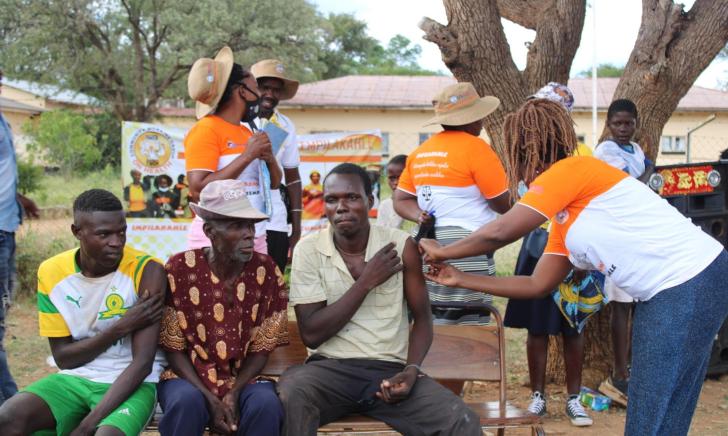News / National
Zimbabwe health spending among lowest in region
04 Aug 2025 at 07:33hrs |
3 Views

Zimbabwe is spending just ZiG460 (about US$17) per person on health, with total health expenditure at only 0,5% of GDP in the first half of 2025 - far below regional and international targets - the Community Working Group on Health (CWGH) has warned.
CWGH executive director Itai Rusike said the country's ballooning debt is starving social sectors of funding, forcing over-reliance on donor aid and out-of-pocket payments. "The huge public debt has crowded out resources from key welfare sectors such as healthcare, education, and social protection," he said.
The group noted health spending of ZiG7 billion (US$259 million) - just 7,1% of public spending - falls short of the Abuja Declaration's 15% allocation target, while the budget burn rate was a sluggish 25%.
Water, sanitation, and social protection spending also missed African Union benchmarks, with only 0,3% and 0,2% of GDP allocated respectively.
Although ZiG685,8 million (US$25,4 million) was raised from the sugar tax, partly for cancer care, CWGH warned that procurement inefficiencies and weak oversight undermine progress.
The group urged government to urgently scale up investment in health and related sectors, adopt a rights-based approach to budgeting, and meet its national and global commitments.
CWGH executive director Itai Rusike said the country's ballooning debt is starving social sectors of funding, forcing over-reliance on donor aid and out-of-pocket payments. "The huge public debt has crowded out resources from key welfare sectors such as healthcare, education, and social protection," he said.
The group noted health spending of ZiG7 billion (US$259 million) - just 7,1% of public spending - falls short of the Abuja Declaration's 15% allocation target, while the budget burn rate was a sluggish 25%.
Although ZiG685,8 million (US$25,4 million) was raised from the sugar tax, partly for cancer care, CWGH warned that procurement inefficiencies and weak oversight undermine progress.
The group urged government to urgently scale up investment in health and related sectors, adopt a rights-based approach to budgeting, and meet its national and global commitments.
Source - Newsday
Join the discussion
Loading comments…































